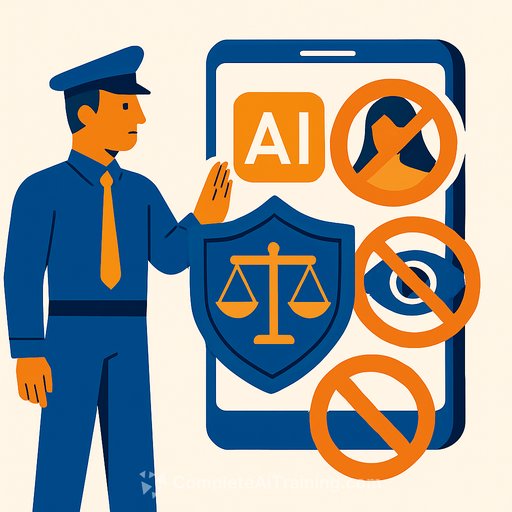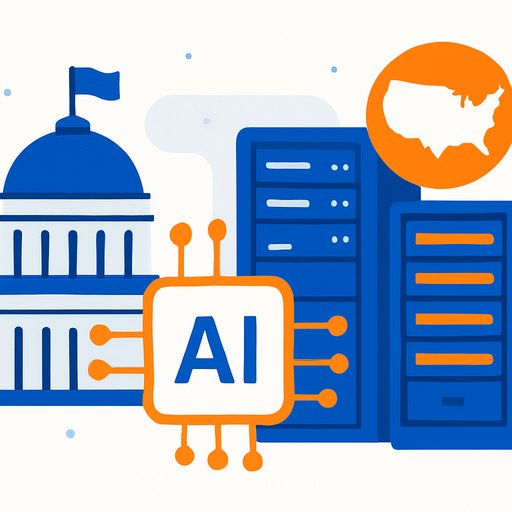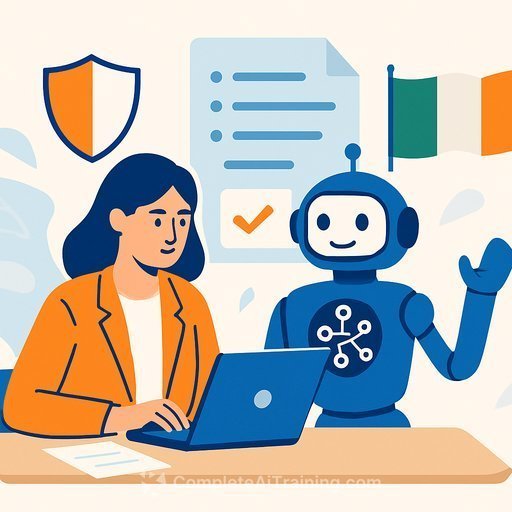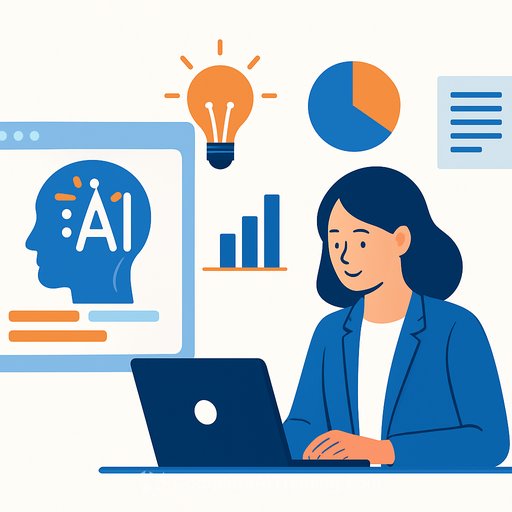Government Targets AI Apps Creating Nude Images and Undetectable Stalking Tools
The government is taking decisive steps to restrict artificial intelligence applications that generate nude images and undetectable stalking tools. These moves aim to close legal loopholes and proactively prevent abuse facilitated by emerging technologies.
National IVF Regulation Likely to Be Introduced
Health Minister Mark Butler has indicated openness to establishing a national regulatory body for the IVF sector. This follows multiple reported incidents, including embryo transfer errors and a notable case of a white couple giving birth to a biracial baby. Butler plans to meet with state and territory counterparts soon to discuss tighter regulation, particularly focusing on sperm donor oversight. The current model of self-regulation is considered insufficient and fails to instill confidence in prospective parents.
Senate Faces Early Test on Home Supports for Older Australians
Labor is preparing for a Senate showdown over the delivery of home support packages for elderly Australians. A coalition of the Coalition, Greens, and independent senator David Pocock is pushing to expedite the release of 20,000 packages. The government had originally promised 83,000 packages but delayed the rollout from July to November. Currently, over 121,000 older Australians await assessment, with an additional 87,000 approved but still waiting for support. The government must pass legislation aligning with aged care reforms, but the opposition alliance seeks amendments to release additional packages immediately.
Leaders Convene on Protecting Children from AI Harms
Independent MPs are meeting with children’s advocates and the eSafety commissioner in Canberra to discuss increased protections against AI-related harms to children. The focus includes launching a nationwide prevention and awareness program, reviewing facial recognition technologies, and enhancing police training. National Children's Commissioner Anne Hollonds emphasized the urgency of proactive measures to prevent harm rather than reacting to incidents after they occur.
Government Moves to Ban Deepfake and Stalking Apps
The government plans to ban apps that use AI to create non-consensual nude images and tools that enable undetectable online stalking. Communications Minister Anika Wells stressed there is no place for technologies used solely to abuse and harm people, especially children. While this action alone won't eliminate abusive tech, it will complement existing online safety laws and reforms. Tech companies will carry the responsibility to prevent the availability of such harmful apps. Last year’s legislation already criminalized the sharing of deepfake pornography, imposing prison terms of up to six years.
Labor Defends Migration Policies Amid Rallies
Employment Minister Amanda Rishworth addressed concerns following anti-immigration rallies. She condemned exclusionary behaviour and defended the government's efforts to manage migration sustainably. Net overseas migration has been reduced by 37% from pandemic peaks, partly through adjustments to student visa policies. The government is expected to release updated permanent migration targets soon.
Cheaper Medicines Bill Passes Senate
Health Minister Mark Butler highlighted the recent Senate passage of the cheaper medicines bill, which will reduce prescription costs to $25 starting January 1. Butler noted the bill’s potential to improve health outcomes by making essential medicines more affordable, reducing instances where patients skip prescriptions due to cost.
For professionals interested in AI policy and regulation, further insights and training on AI technologies can be found at Complete AI Training.
Your membership also unlocks:





